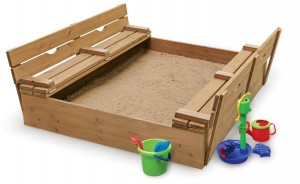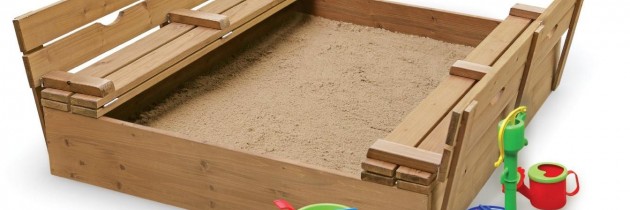How to Determine Sustainable Values for Your Organization
This is the third in a series on how to select Differentiating Values for your organization. Let’s review the three steps:
- Step-1: Identify Values that are Unique to your organization. They describe the business in a way that competitors can’t say or do the same.
- Step-2: Select Values that are Relevant to your key customers. They make a difference in a meaningful way for all your stakeholders.
- Step-3: Determine Values that are Sustainable for years to come. They are something your organization can easily deliver in a consistent manner for the next 3 to 5 years, and ideally longer.
This third step should be the easiest, but it’s actually the hardest. The reason for this has to do with your business strategy. As stated by Michael Porter, the leading authority on competitive strategy:
“The essence of strategy is choosing what not to do.”
Many businesses suffer from the problem of trying to be too many things to too many people. They don’t have a strong brand.
Know Your Brand
In the first two steps, I encouraged you to engage customers to help identify and select unique and relevant values. In the third step, I encourage you to look inside the organization.
 In order to determine sustainable values, you need to know your organization’s brand. Here are three ways to consider your brand.
In order to determine sustainable values, you need to know your organization’s brand. Here are three ways to consider your brand.
- Define your sandbox. What do you already do really well? Where do you excel better than any of your competitors? How can you define the market such that you are the dominate player?
- Identify the passion. What drives the most passion internally? Why do your people continue working there? Beyond profits, what’s the organization’s purpose?
- Unpack the commodity. What elements of your brand if they were missing, would cause it to be treated as a commodity? Aside from the attributes of quality, service, and price (which almost every company claims) what are the soft aspects or intangibles that separates your brand from competitors?
Don’t overlook the obvious. It’s likely something you and your team take for granted – because it’s always there. What you’re looking for are the key attributes of the organization that come naturally.
It defines the culture.
Permit me to share an example.
Case Study
 After one of my presentations on values, one of the attendees approached me looking a little puzzled. She described how she had recently accepted a job with a company that owned a number of local hotels and other hospitality-based businesses, in a popular tourism area. As the new marketer, she was in the process of figuring out the company’s marketing strategy.
After one of my presentations on values, one of the attendees approached me looking a little puzzled. She described how she had recently accepted a job with a company that owned a number of local hotels and other hospitality-based businesses, in a popular tourism area. As the new marketer, she was in the process of figuring out the company’s marketing strategy.
So I asked her, “How would you describe the brand as it is today?” She responded, “Boring!”
To this I asked, “What do you mean, boring?” She replied, “The people who work here have been here forever…. since dirt. To me, the culture is boring.”
As the new marketing director, of course she wanted to do a good job and leave her mark by creating something new and fresh. This is a common challenge for all leaders when they’re new. The belief is that to improve results something needs to change. While this may be true, remember the old saying, “Be careful not to throw the baby out with the bath water.”
Before looking to embrace something new, consider the values that already exist.
In this case, I highlighted some reasons why boring might not be such a bad thing. In fact, it can be a great thing that employees have been there a long (long) time. I suspect many of their regular hotel guests who return each year appreciate the fact they can expect the same people to greet them at the hotel, make their meals, and clean their room. It can be very comforting to know you can expect the same experience each time you visit.
Clearly, a few powerful – and easily sustainable – values to consider here are:
- Consistency
- Reliability
- Predictability
Of course, this doesn’t mean marketers and business leaders can’t work towards incorporating new values. But lasting brands preserve their legacy as they move forward. They know – and build on – their sustainable values that carry them through time.
It’s their competitive advantage.
For a more detailed assessment on determining sustainable values for your organization, download my free ebook Developing Your Differentiating Values for Business.
If you would like to explore this topic further or need help identifying and defining your values, please contact me at Robert@FergusonValues.com








